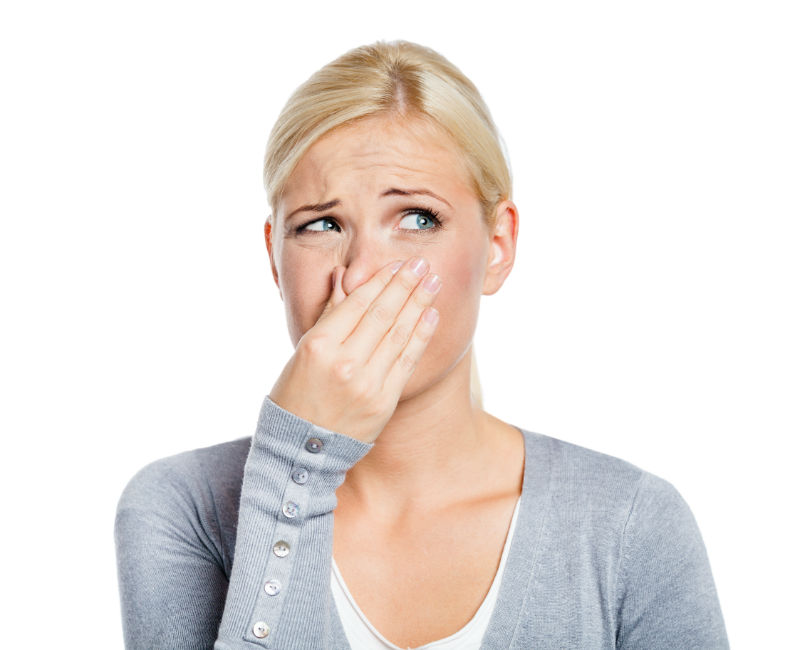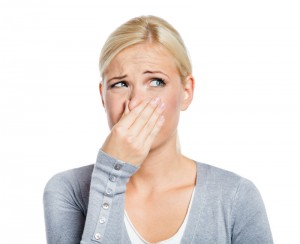Typically, when an unpleasant odor is coming from your chimney through your fireplace, a professional chimney sweeping from Ace Chimney Sweeps can solve the problem by removing large deposits of creosote. Not only is creosote extremely flammable, but it also has a strong, acrid odor, which can be made even worse by the heat and humidity of summer. However, creosote can penetrate into the masonry materials of your chimney, which makes the bad smell linger. If your fireplace and chimney continue to smell badly after being swept, it may be time for a professional chimney odor removal. Our certified chimney sweeps can deodorize your chimney to get rid of the stinky smells. Although it may seem like an easy task that you can do yourself, you should always contact a chimney professional like Ace Chimney Sweeps to remove chimney odors because it could signify a bigger problem. We would like to share with you some information from Chimneys.com to tell you more about why your chimney is so smelly.
WET CHIMNEY
If your chimney is without a chimney cap, water from rain and melted snow can easily enter your flue, and this can create unpleasant odors. The dampness from the moisture strengthens the bad smells from the deposits of soot and creosote within your chimney. A chimney cap is an important part of a fireplace and chimney system because it prevents water from getting inside. If you do not have a cap on top of your chimney, Ace Chimney Sweeps can help you select the perfect chimney cap and custom install it to protect your chimney from water as well as from animals who would like to make a new home inside your flue. We can also apply a waterproofing formula to the masonry materials of your chimney to keep moisture out of the bricks and mortar.
NEGATIVE AIR PRESSURE
When chimney odors enter your home through your fireplace, this means air from the outside is being sucked into the room. This issue becomes more prominent during the warmer part of the year because changes in ventilation can cause negative air pressure which creates the need for additional air to be brought into the home through the fireplace. Things that can cause negative air pressure include home improvements such as the installation of new windows, a new furnace system, and bathroom and kitchen exhaust fans. When negative air pressure exists inside your home, more air is needed inside to make up for the loss of air, and your chimney is typically the easiest way for air to enter your house. To correct negative air pressure, Ace Chimney Sweeps recommends trying the following things:
- close the fireplace damper when there is not a fire
- install a glass fireplace screen to keep warm air from escaping when there is a fire
- install a top-mounted damper to help monitor the airflow
- open a window to provide outside combustion air to combustion appliances that can cause an unbalance in air pressure.
You may have to try a combination of these things to get the right balance to keep unpleasant odors from being drawn into your home through the fireplace.
Dealing with a stinky chimney? Contact Ace Chimney Sweeps to schedule a professional chimney odor removal.


